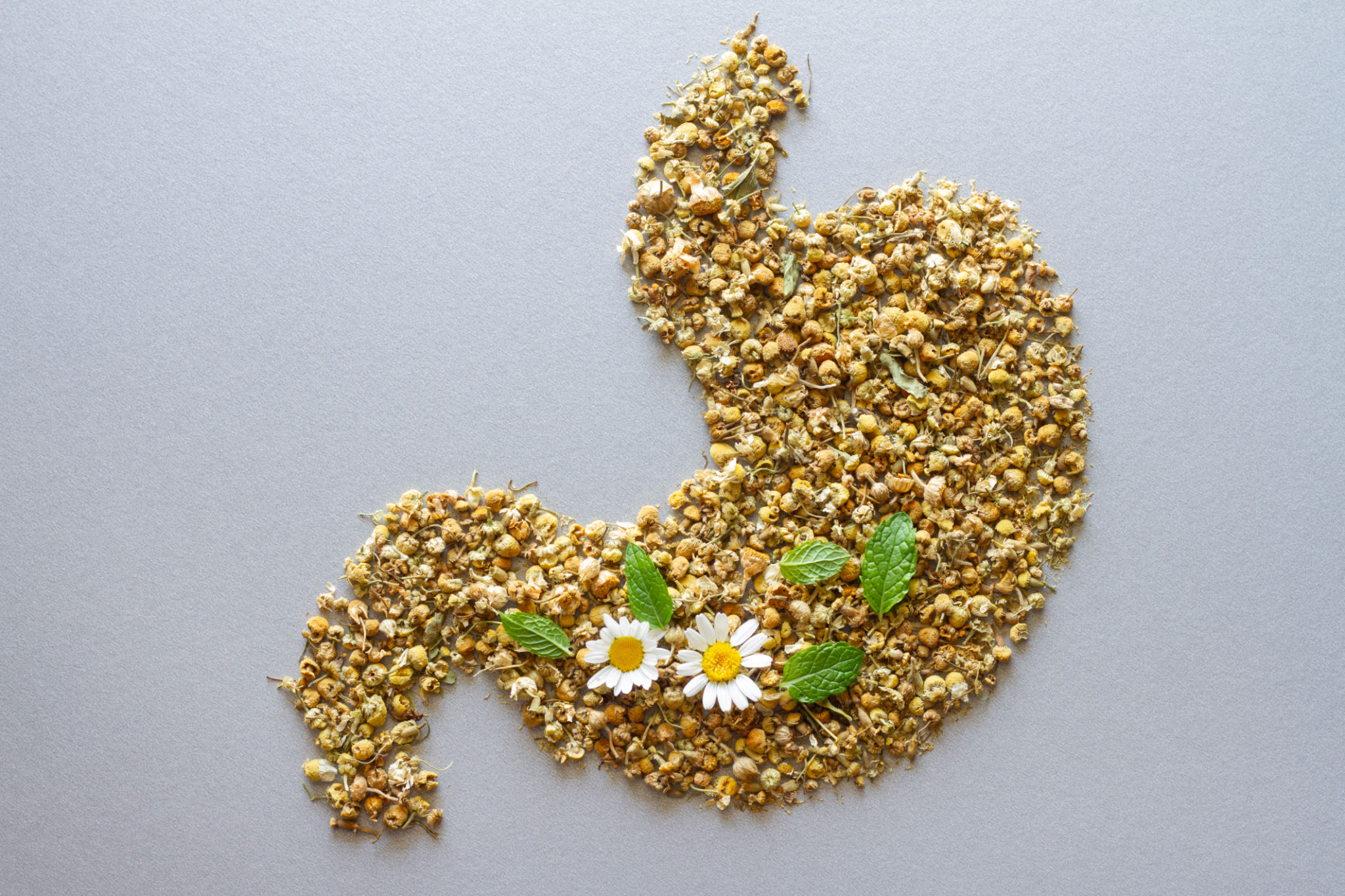Harnessing the Power of Herbal Medicine for Winter Wellness
Introduction to Herbal Medicine for Winter Wellness
As the winter months approach, many of us find ourselves seeking natural ways to boost our immunity and maintain overall wellness. One of the most effective approaches is through the use of herbal medicine. These natural remedies have been used for centuries to support health and well-being, and their benefits remain relevant today. In this blog post, we'll explore how you can harness the power of herbal medicine to enhance your wellness during winter.

Boosting Immune Health
Winter is synonymous with cold and flu season. To prepare your body to fight off these common illnesses, it's essential to strengthen your immune system. Herbal remedies such as echinacea, elderberry, and astragalus are known for their immune-boosting properties.
Echinacea is often used to reduce the duration and severity of colds. Elderberry is rich in antioxidants and vitamins that help bolster your immune defenses. Meanwhile, astragalus is an adaptogen that supports the body's ability to cope with stress, which can weaken immunity.
Herbs for Respiratory Health
Respiratory health is another area where herbal medicine shines during the colder months. Herbs like peppermint, thyme, and mullein can be used to soothe respiratory issues.
- Peppermint contains menthol, which acts as a natural decongestant and can provide relief from sinus congestion.
- Thyme has antimicrobial properties that can help fight off respiratory infections.
- Mullein is known for its soothing effects on the lungs and is often used in teas or tinctures to ease coughs.

Enhancing Mood and Energy
The shorter days and colder weather can sometimes lead to a dip in mood and energy levels. Herbal medicine offers natural solutions to help maintain a positive outlook and steady energy. St. John's Wort and ginseng are popular choices for these purposes.
St. John's Wort is widely used to manage mild depression and mood swings, while ginseng is revered for its ability to boost energy and combat fatigue. Incorporating these herbs into your winter routine can help you stay vibrant and lively throughout the season.
Supporting Digestive Health
Rich, hearty meals and holiday indulgences can sometimes take a toll on your digestive system. Herbs such as ginger, fennel, and chamomile are excellent for supporting digestive health.
- Ginger is well-known for its ability to ease nausea and improve digestion.
- Fennel has carminative properties that can help reduce bloating and gas.
- Chamomile is soothing to the digestive tract and can also aid in relaxation.

Herbal Tea Blends for Winter Wellness
One of the simplest ways to incorporate herbal medicine into your daily routine is through herbal teas. Creating your own personalized herbal tea blends can be both a therapeutic and enjoyable experience. Consider combining herbs like chamomile, lemon balm, and rosemary for a calming tea that supports both mental clarity and relaxation.
If you're looking for an immune-boosting tea, try mixing echinacea, elderberry, and ginger. These blends not only support your health but also offer a warming comfort during the chilly winter months.
Conclusion: Embracing Herbal Remedies
By integrating the power of herbal medicine into your winter wellness routine, you can naturally boost your immune system, support respiratory health, enhance mood, and maintain digestive balance. As always, it's important to consult with a healthcare provider before beginning any new herbal regimen, especially if you have existing health conditions or are taking other medications.
Embrace the wisdom of nature this winter and discover how herbal medicine can be a valuable ally in maintaining your health and wellness throughout the season.